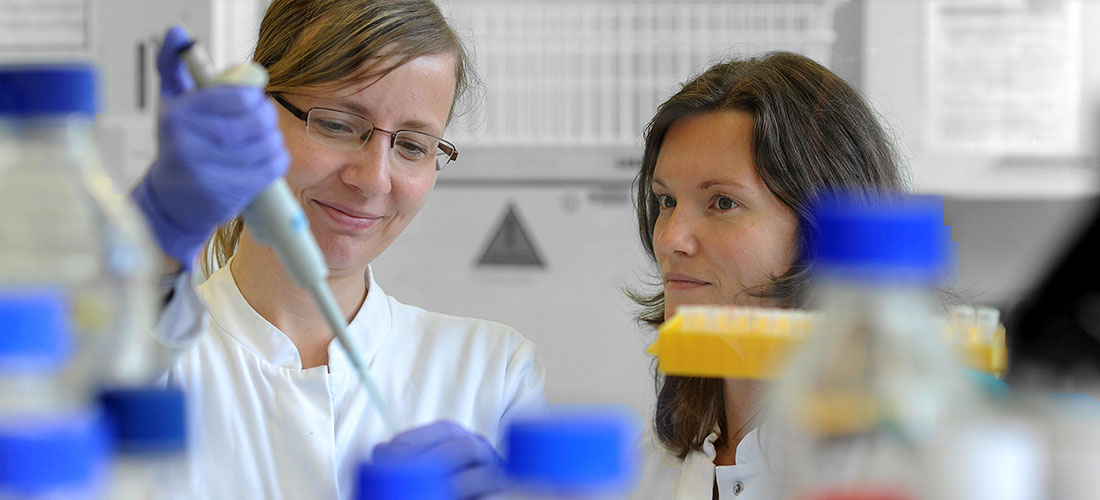C06: The role of neuroblastoma-secreted exosomes in pre-metastatic niche formation
Widespread and extensive metastatic burden causes most neuroblastoma-related deaths. Suppressing neuroblastoma metastasis and progression with targeted therapeutic approaches is a top priority and one avenue pursued in CRC1588 to target the effects of tumor evolution and improve survival in patients with high-risk disease. The mechanisms driving the blood-borne and lymphatic invasion-metastasis cycle in high-risk neuroblastoma are as yet poorly understood. Exosomes derived from the multi-vesicular endosome pathway could act as messengers promoting metastasis. We hypothesize that neuroblastoma-derived exosomes (i) disturb the integrity of blood vessels to support invasion and metastasis of neuroblastoma cells to distant sites and (ii) induce proangiogenic and angiocrine reprogramming in endothelial cells to support both distant and local disease progression. Project C06 will investigate interactions of exosomes derived from neuroblastoma cells with ex vivo endothelial layers (Task 1) and the developing blood and lymphatic systems in zebrafish (Task 2). High-resolution fluorescence imaging will be used to study mechanistic alterations at the level of cell-cell interactions (Task 2), while bulk RNA-Seq and mass spectrometry-based proteomics will be applied to characterize effector exosomes and recipient endothelial cells for proangiogenic or invasion-associated signatures (Task 3). Mathematical/bioinformatics expertise will be used to identify potential endothelial signatures as biomarkers and effector molecules (druggable nodes) in exosomal communication that can be clinically exploited to interrupt the invasion-metastasis cascade and progression in highly malignant neuroblastoma (Task 4).
PhD positions and place of work: 2
1 wet-lab (PI Hedwig Deubzer, Charité Berlin)
1 wet-lab (PI Holger Gerhardt, MDC berlin)



